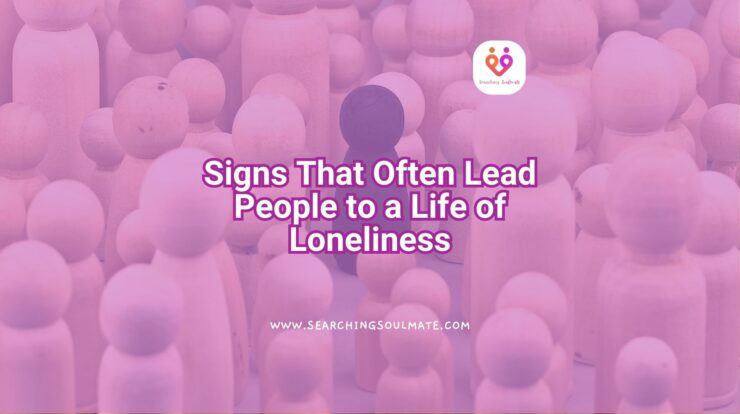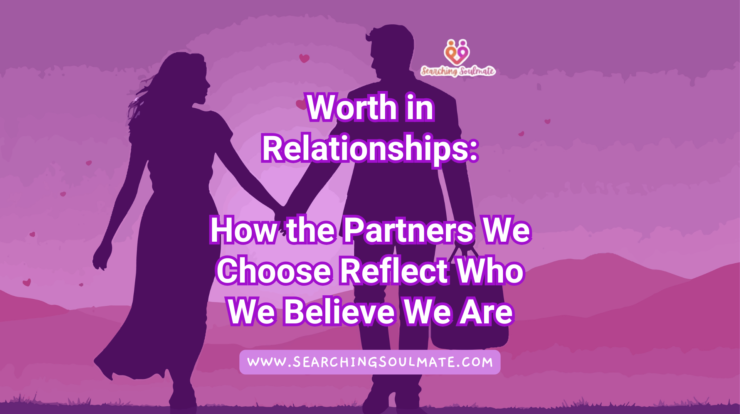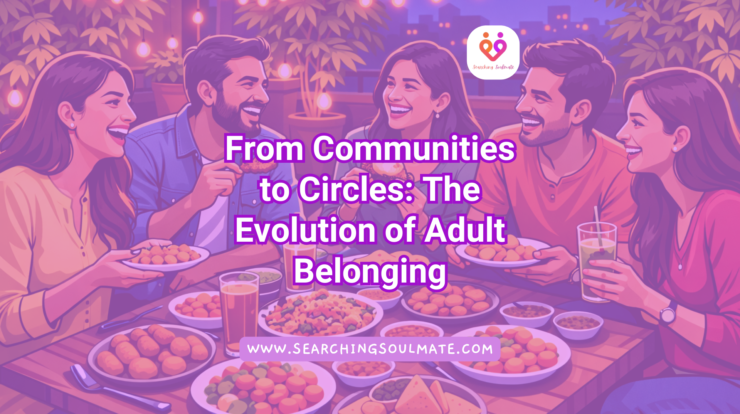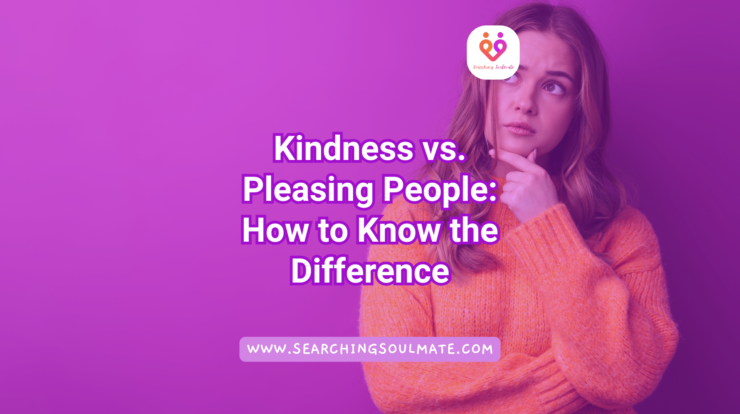
Have you ever felt like life is moving on while you’re standing still? Loneliness, for many, isn’t just a passing phase—it’s a silent epidemic affecting millions worldwide. Surprisingly, it often begins with subtle habits and behaviors that seem harmless at first. Recognizing these signs can be the first step toward a more connected and fulfilling life.
Key Behavioral Signs of Loneliness
Avoiding Social Gatherings- Are you looking for an excuse to miss out on social gatherings? While it’s normal to feel lonely occasionally, avoiding social gatherings can create a pattern of loneliness. Fear of judgment or social anxiety can drive this behavior, keeping people away from opportunities to build meaningful relationships.
Consider Solitude Activities- Everyone needs time to be alone, but being alone can deepen when solitary activities become lonely. Balancing hobbies like reading or gaming with opportunities to participate in group activities is important to maintain relationships.
Avoiding Eye Contact – Eye contact is a simple but powerful way to communicate. Avoiding it can signal indifference or discomfort, and can put people off. Over time, this habit can make it difficult to build deep connections.
Against Small Talk – Some people fear small talk, seeing it as small or boring. However, it is often the way to meaningful conversations. Without the ability to communicate freely, building healthy relationships can be challenging, and people can feel isolated.
Unwillingness to Trust Others -Have you built an emotional wall? Fear of betrayal or judgment can prevent people from trusting others, blocking the path to intimacy. When you stand up for yourself and feel safe, loneliness often comes in the long run.
Overuse of Technology- The power of using technology as a social outlet Endless scrolling through social media can make people feel connected, but it is no substitute for real interaction. Over time, reliance on digital has eroded face-to-face communication skills, leaving people feeling isolated.
The Psychological Roots of Loneliness
Low Self-Esteem and Loneliness
When self-doubt takes over, it’s easy to withdraw from others. Low self-esteem makes people believe they’re unworthy of love or friendship, leading them to isolate themselves further.
Fear of Vulnerability
Opening up to someone can feel terrifying, especially for those who’ve been hurt before. However, avoiding vulnerability creates emotional distance, leaving relationships shallow and unfulfilling.
Consequences of Chronic Loneliness
Emotional Effects
Being alone is more than a state of mind—it can lead to anxiety, depression, and feelings of inadequacy. These emotions often create a vicious cycle, making it harder to break free from isolation.
Physical Health Risks
Studies show that chronic loneliness is linked to severe health issues, including heart disease, weakened immunity, and even premature death. Being alone is as harmful as smoking 15 cigarettes a day, underscoring its serious impact on physical health.
Social Repercussions
When loneliness becomes a habit, relationships fade, and support systems crumble. This isolation creates a feedback loop, making it harder to reach out for help or companionship.
How to Overcome Habits That Lead to Loneliness
Gradually Attend Social Gatherings
Start small—attend a coffee meet-up or join a casual club. Easing into social settings can help rebuild confidence and open doors to new friendships.
Practice Small Talk Skills
Engage in light pleasent conversations with coworkers, neighbors, or acquaintances. Over time, these interactions will feel less daunting and more natural.
Cultivate Trust and Vulnerability
Building trust takes time, but it starts with small steps. Share a little about yourself and encourage others to do the same. Vulnerability is the foundation of strong, lasting relationships.
Balance Technology with Real-Life Connections
Limit screen time and prioritize face-to-face interactions. Whether it’s grabbing lunch with a friend or joining a community event happening in your city, real-life connections foster deeper bonds than any online interaction.
Conclusion
Loneliness often creeps in through seemingly insignificant habits, but it doesn’t have to define your life. By recognizing these signs and making small yet meaningful changes, anyone can build stronger, more fulfilling relationships,curtailing self inflected loneliness. The journey to connection starts with a single step—don’t wait to take yours.
FAQs
- Why do people avoid social gatherings?
Fear of judgment, social anxiety, or a preference for solitude often keeps people away from gatherings. - Can introverts overcome loneliness?
Yes, by balancing alone time with intentional social interactions, introverts can maintain meaningful relationships. - How does technology affect loneliness?
Excessive screen time creates an illusion of connection but often leaves people feeling more isolated. - What is the first step to overcoming isolation?
Acknowledging the signs of loneliness and making a conscious effort to engage in social activities is key. - Are there long-term risks of chronic loneliness?
Yes, chronic loneliness can lead to severe emotional, physical, and social consequences, including depression and health issues.
Read more from Searching Soulmate:
- Digital Detox and Hobbies: Breaking Away from Screens for Mental Clarity
- The Transformative Power of Emotional Intelligence in Women’s Empowerment
- Self-compassion: The resilience heart’s tool!
Follow Our Socials:






